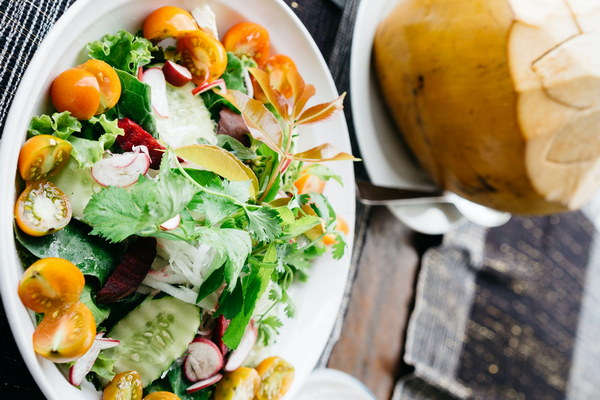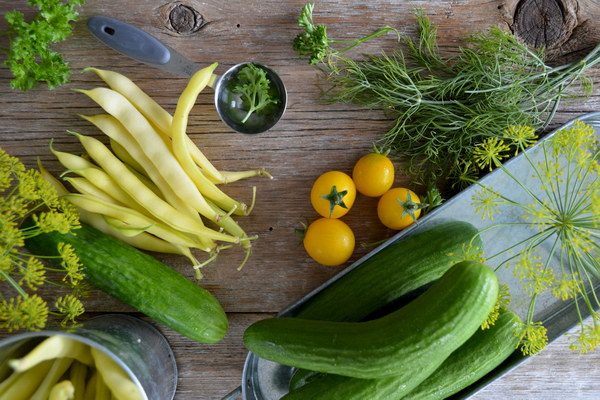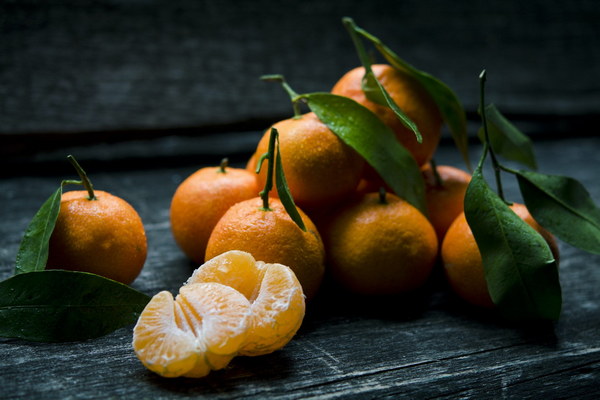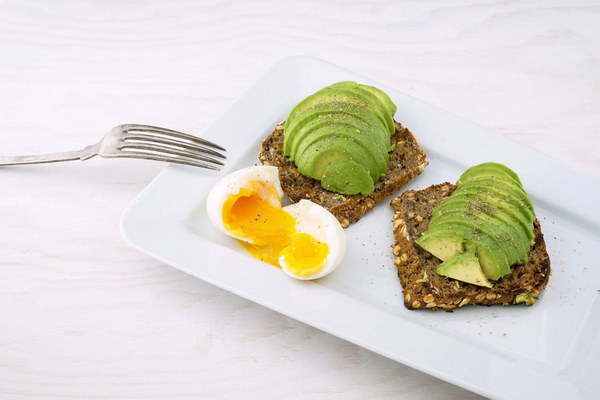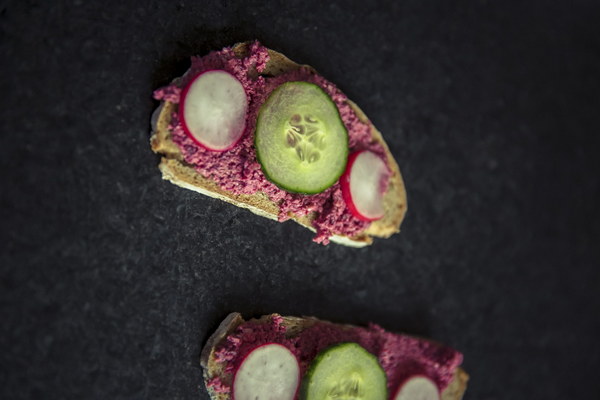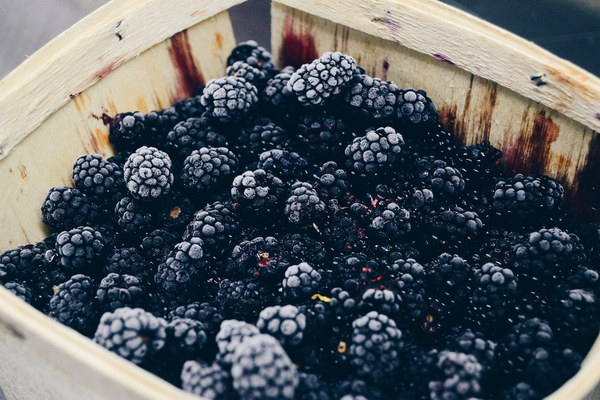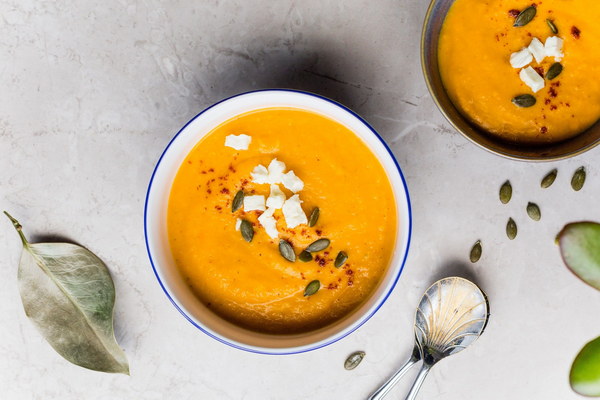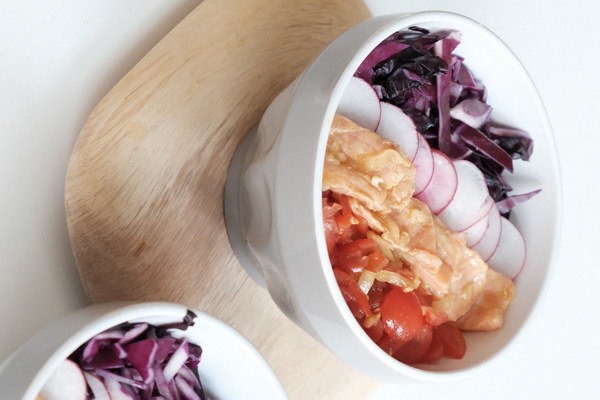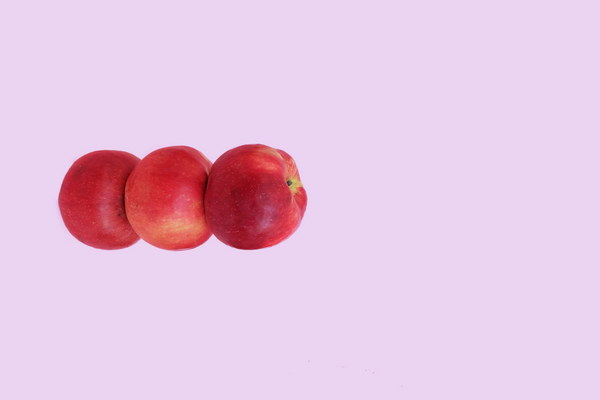Nutritional Solutions for Anemia During Pregnancy A Guide to Safe and Effective Diet
Introduction:
Anemia, a common condition characterized by a deficiency of red blood cells, can occur during pregnancy due to the increased blood volume and the demands of the developing fetus. Proper nutrition is crucial in managing anemia during pregnancy. This article provides a comprehensive guide to nutritional solutions for anemia during pregnancy, highlighting safe and effective dietary strategies.

1. Understanding Anemia During Pregnancy
Anemia during pregnancy can be caused by various factors, such as iron deficiency, folate deficiency, vitamin B12 deficiency, or hemolytic anemia. It can lead to fatigue, weakness, shortness of breath, and an increased risk of preterm birth or low birth weight. It is essential to address anemia promptly to ensure the health of both the mother and the baby.
2. Iron-Rich Foods
Iron is a vital nutrient for the production of hemoglobin, the protein responsible for transporting oxygen in the blood. Incorporating iron-rich foods into the diet can help combat anemia during pregnancy. Some excellent sources of iron include:
- Red meat (lamb, beef, and pork)
- Poultry (chicken and turkey)
- Fish (tuna, salmon, and sardines)
- Legumes (lentils, chickpeas, and kidney beans)
- Fortified cereals and bread
- Green leafy vegetables (spinach, kale, and Swiss chard)
- Dried fruits (prunes, raisins, and apricots)
3. Vitamin C for Iron Absorption
Vitamin C enhances the absorption of iron from plant-based foods. Including vitamin C-rich foods in your diet can help maximize the benefits of iron. Some vitamin C sources include:
- Citrus fruits (oranges, lemons, and grapefruits)
- Berries (strawberries, blueberries, and raspberries)
- Vegetables (bell peppers, broccoli, and spinach)
- Tomatoes and tomato products
4. Folate-Rich Foods
Folate, also known as vitamin B9, is essential for red blood cell production and preventing neural tube defects in the developing fetus. Foods high in folate include:
- Leafy green vegetables (spinach, kale, and collard greens)
- Fortified cereals and bread
- Legumes (lentils, chickpeas, and black-eyed peas)
- Citrus fruits (oranges, grapefruits, and lemons)
- Beans and peas (black beans, pinto beans, and navy beans)
5. Vitamin B12-Rich Foods
Vitamin B12 is crucial for red blood cell formation and nerve function. It is primarily found in animal products, so pregnant women who follow a vegetarian or vegan diet may need to supplement. Some vitamin B12-rich foods include:
- Meat (beef, lamb, and pork)
- Poultry (chicken and turkey)
- Fish (tuna, salmon, and sardines)
- Dairy products (milk, cheese, and yogurt)
- Eggs
6. Hydration and Regular Blood Tests
Staying hydrated is essential for maintaining healthy blood volume and preventing anemia. Drink plenty of water throughout the day. Additionally, regular blood tests can help monitor your hemoglobin levels and identify any nutritional deficiencies.
Conclusion:
Anemia during pregnancy can be effectively managed through proper nutrition. By incorporating iron-rich foods, vitamin C, folate, and vitamin B12 into your diet, you can help combat anemia and support the health of both you and your baby. Always consult with your healthcare provider before making significant changes to your diet or starting any new supplement regimen.
